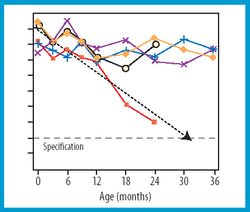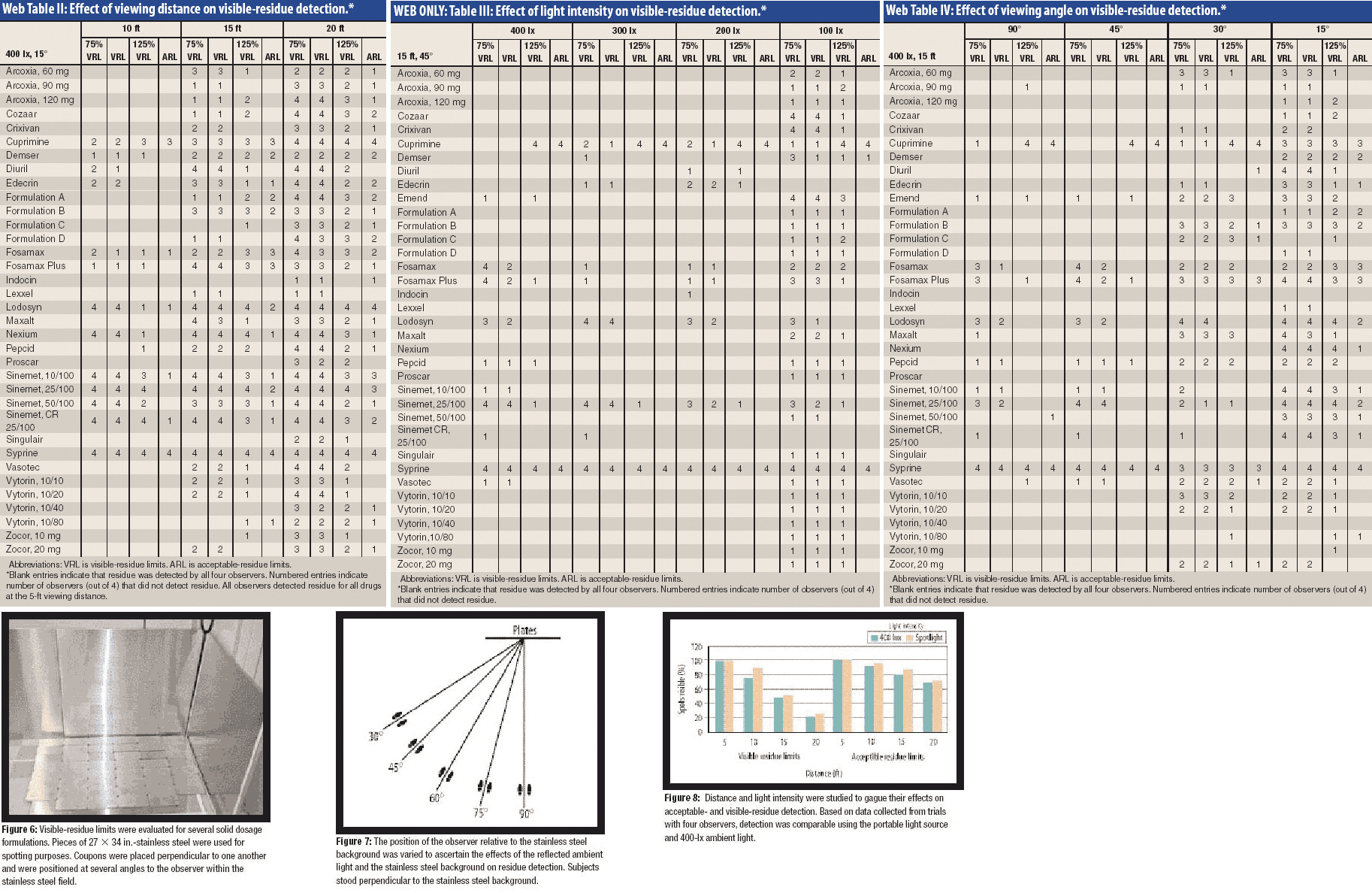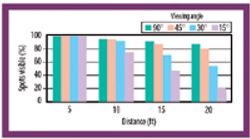
OR WAIT null SECS
- About Us
- Advertise
- Contact Us
- Editorial Info
- Editorial Advisory Board
- Do Not Sell My Personal Information
- Privacy Policy
- Terms and Conditions
© 2026 MJH Life Sciences™ , Pharmaceutical Technology - Pharma News and Development Insights. All rights reserved.
API Sourcing
As overseas sourcing arrangements become more and more common, it may be time to look again at the advantages of having suppliers closer to home.
Contract manufacturing of clinical test materials (CTMs) and preclinical active pharmaceutical ingredients (APIs) is becoming a global business. More supply options mean better pricing, but they often come with increased potential for late-delivery and quality issues. For biotech companies, where funding is often limited and is tied to achievement of milestones, these added risk factors need very careful consideration.
Paula Lorence
Time is a critical factor during the drug development process. Drug development timelines are often based on cash balance, burn rates, and the next milestone that will bring another influx of investment money. It often seems that the timeline is worked backwards. A date is determined for filing an investigational new drug (IND) application, and then developers calculate the time needed to conduct the required preclinical biology studies and to develop and prepare the Phase I clinical formulation. Whatever is left is the time available for further investigation into the chemical optimization of the molecule and the process development and scale-up activities needed to obtain sufficient quantity of material to conduct the biology and formulation work.
Walt Stalzer
API delivery is often on the critical path of the drug-development timeline. Late API delivery can result in missing an important milestone, such as an IND filing date, which can have significant negative financial consequences. Risk associated with time delays can be minimized by using an experienced and easily accessible contract research organization (CRO) to supply API during the time-critical development phase. Easy access often correlates with proximity. For US companies, ease of access can be achieved by using a domestic CRO versus an offshore supplier. Among the benefits of proximity are the ability to communicate by voice or Internet during the same business day, and the ability to easily make on-site visits.
Communication is vital to the success of a development project. The development phase is characterized by rapid technology development and change—the lead compound changes, the chemical route changes, the raw materials change, the specifications change, the impurities change—but the overall milestone (the IND filing date) and the required delivery date for the API seldom change to accommodate the problems encountered. A CRO must be able to assimilate these changes while keeping the API delivery on track. The contracting biotech or virtual company must make sure that the CRO being considered for the API scale-up or production project is up to the challenge. There is only one way to ensure this—visit the facility and meet the project team.
Site visits to potential CROs allow assessment of capabilities, staff expertise and experience, and quality systems. The CRO's culture is a critically important item that is often overlooked or undervalued. Supplying API during the development phase is a service, not a product. The CRO is making a commitment to provide the required quantity of in-specification API at a defined time in the future using a developmental process. The time commitment made by the CRO is factored into the overall drug development plan. The overall timeline attracts much attention from all levels within a company and from their financial sources. Stress and nervousness often surround this timeline: there is rarely much room for error or missed milestones. Cultural compatibility helps to reduce risk by ensuring a sense of ownership and accountability to the overall project goals and timeline.
The benefits of proximity continue after selection of a CRO and project initiation. Consider how a domestic partner can add value to some of the activities typical of an API drug-development project:
- Transfer of the process technology during a face-to-face meeting at the CRO;
- On-going exchange of process samples to assist in development, problem-solving, or cross-comparison of analytical results;
- Same-day turnaround on technical questions and information requests;
- Conference calls or periodic on-site project reviews when major milestones have been reached and plans must be updated or revised;
- Collaborative problem-solving sessions to deal with those inevitable "bumps in the road." Some problems can be anticipated and avoided through experience; other problems, however, will occur. The important thing is how those problems are handled. Don't kid yourself—that's why it's called research. How much time will elapse between the moment the problem emerges and the time when notification is made? Will the CRO offer optional solutions or simply notification of the problem?
- Understanding the API's impurity profile. The presence of impurities even in small amounts may influence the efficacy and safety of the API. Impurity profiling (the identity as well as the quantity of impurity) receives important critical attention from regulatory authorities. In parallel with the development of a process to prepare the API, analytical methods should be developed with sufficient accuracy and precision to measure and monitor process-related impurities at appropriate processing points. There are certain to be changes in the process during development and scale-up. Too often, though, process developers mistakenly use this as an excuse to delay committing significant resources for developing process-specific analytical methods. Analytical assessment is a critical component of process development research and is vital to ensuring quality when producing APIs in compliance with current good manufacturing practices (CGMPs). Close collaboration with easy and frequent communication between synthetic organic chemists and analytical chemists is essential to successfully characterizing APIs, key intermediates, and/or associated impurities.
- API stability and packaging. It is important to understand the material's stability under realistic conditions of use, storage, and (often overlooked) transportation. Is the material sensitive to heat and moisture? Is it sensitive to freeze/thaw/heat cycles? Will the packaging protect it?
- Quality assurance (QA) auditing. QA auditing should not be a one-time event. QA questions and issues arise throughout the production process. Ease of access to the CRO is very beneficial when quality issues need to be addressed. Will a copy of the master batch record be available for review? Will copies of the batch records be received after execution? What are the data archiving capabilities of the CRO? How will the release process transpire?
- Final delivery of the API. What happens when a shipment arrives in customs without proper notification or missing documentation? Timelines do not usually allow for potential delays in customs, or for other delivery issues.
The marketplace currently faces shortages in the pharmacology/toxicology capacity and animal supplies required for drug-development studies. These constraints have forced companies to reserve biology CRO capacity 3–6 months in advance. In addition to delaying ultimate approval and revenue, any deficiency in API quantity or quality at this stage can trigger significant penalties as CROs demand compensation for scheduled work that must now be postponed—and essentially paid for twice.
In the end, it is critical to have confidence that the CRO selected for API production during drug development will deliver. There is no better way to gain this confidence than through the personal interactions experienced during a site visit. All of this interaction builds understanding and trust with the CRO and will result in a true collaboration rather than a simple material supplier-buyer relationship.
Paula Lorence is the vice-president of business development and Walt Stalzer is the vice-president of project management at Ricerca Biosciences LLC, 7528 Auburn Road, PO Box 1000 Concord, OH 44077-1000, tel. 888.742.3722, Lorence_P@Ricerca.com
Related Content:



